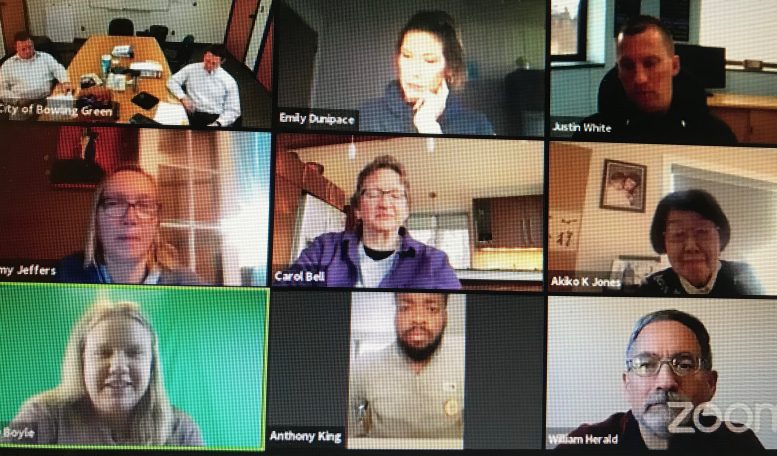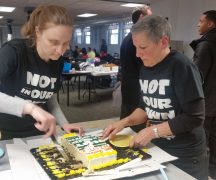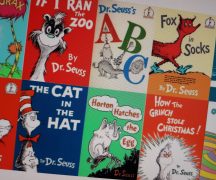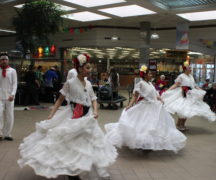By DAVID DUPONT
BG Independent News
On Friday at Bowling Green Human Relations Commission meeting, Anthony King spoke of the incidents that have occurred around town that trouble African Americans.
On Thursday at the Not In Our Town meeting, Police Sgt. Adam Skaff shared a story about police being harassed
Those stories came at a time of heightened tensions as the results of the presidential election remained in limbo.
King, one of the of the founders of B.R.A.V.E. – Black Rights, Activism, Visibility, Equity, reported that members of the African American community were feeling on edge. They didn’t feel safe going into big box stores in the city, where Confederate symbolism was common. A man strolling downtown with a weapon also was troubling.
And a Black sales associate at a local car dealership has had vehicles driving by and the occupants yelling racist insults at him. Others have come into the dealership and said they would not buy a car from a Black man.
King said he realized none of this was illegal, but he wanted the commission to know what Black residents of the city were experiencing.
Deputy Police Chief Justin White, of the Police Department, asked if these incidents had been reported.
No, King said, reiterating, he understood these weren’t actionable offenses.
White said if someone was fearful, they could call and the police could at least check it out.
“This is strange time for people in my community,” King said. “They haven’t been going out at night because they just don’t know what going to happen. That’s the reality.”
He requested the commission draft a statement, with the police signing on, about the need the community to be more welcoming and inclusive.
King said he had discussed that with Skaff, who is the police liaison with Not In Our Town.
At Thursday’s NIOT meeting, Skaff shared his story of being harassed. He prefaced it by saying it had a happy ending. He and another officer stopped in Waffle House early one weekend morning for a bite to eat. A small group of twenty-somethings was also there and began letting the officers know that they did not like the police. After a bit, another group of twenty-somethings approached the hecklers and told the first group to knock it off, Skaff said.
He came away reassured.
That’s what has to happen, said Emily Dunipace, NIOT co-chair. Bystanders have to step in and let others know their behavior is unacceptable.
Skaff said police are used to people shouting at them as they drive down the street. Police, he said, “have thick skins.”
He knows that other groups are targets of much more hate than police are.
Still, he said, his concern is that this kind of disrespect discourages people from considering careers in law enforcement.
Skaff said that the police are aware there are reforms they need to address, and they were doing that. It has to be a partnership with the community.
He said he had met with leaders from B.R.A.V.E. and talked about putting together different scenarios that citizens could experience to show them what police officers regularly encounter.





